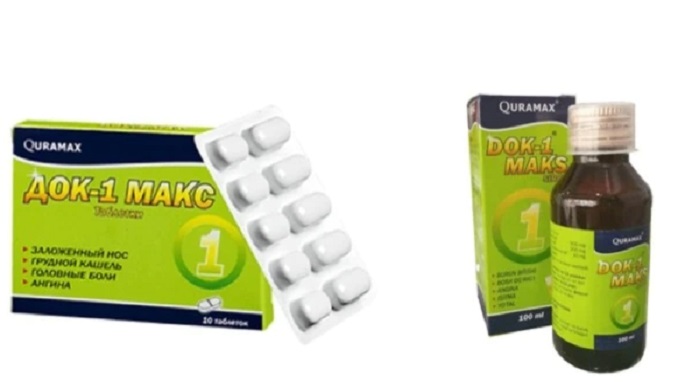After a spate of child deaths linked to cough syrup last year, the World Health Organization (WHO) has called on Tuesday for immediate and concerted action to protect children from contaminated medicines.
The WHO reiterated in its statement that more than 300 children, younger than 5 years, died of acute kidney injury in Uzbekistan, Indonesia, and Gambia in 2022 in medical incidents associated with contaminated medicines, namely over-the-counter cough syrups that contained high levels of diethylene glycol and ethylene glycol.
The world health body pointed out that these toxic chemicals should never be found in medicines since they can be fatal even taken in small amounts.
Diethylene glycol and ethylene glycol are used as industrial solvents and antifreeze agents.
At least 18 children – six of them under 6 years old while 15 were under 3 years old- in Uzbekistan have died in December 2022 after taking Doc-1 Max, a medicinal syrup for the relief of cold and flu symptoms manufactured by the Indian pharmaceutical company Marion Biotech.
According to the chief physician of Samarkand Regional Children’s Multidisciplinary Medical Center, all 21 children who took the syrup have experienced kidney damage and kidney failure, but only three have survived.
The Doc-1 Max’s sale has been suspended in Kyrgyzstan since December 22 and, meanwhile, Marion Biotech’s production license has been seized by Uttar Pradesh Food Safety and Drug Administration department while the WHO was gathering information and validating the reports.
Cough syrups made by India’s Marion Biotech and Maiden Pharmaceuticals, which are linked with deaths in Uzbekistan and in Gambia, have been marked as dangerous, and the WHO has already sent specific product alerts asking for the medicines to be removed from the shelves.
Despite being aware of the reports from Uzbekistan, Indian Health Ministry officials declined to comment on the incidents, and the manufacturing company Marion Biotech has also avoided commenting.



